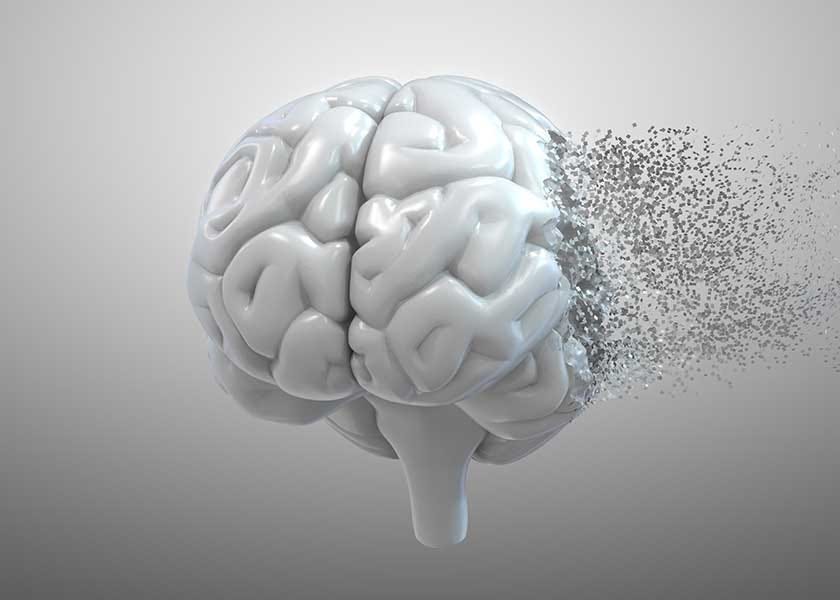US Doctor's Daily Brain Health Routine

Dr. Saurabh Sethi, a Harvard and Stanford-trained gastroenterologist, shares five daily habits to naturally enhance cognitive function, improve memory, and support long-term brain health. He emphasizes that caring for your brain is as important as physical fitness and diet, as it's the body's command center. According to Dr. Sethi, small daily habits can have a significant impact on brain health.
1. Cold Showers: Dr. Sethi starts his day with a cold shower to activate the brain stem, which regulates breathing, heart rate, and alertness. A 2023 study supports this, finding that cold showers can make individuals feel more active, alert, attentive, and inspired, while also reducing feelings of distress and nervousness. The study linked these positive emotional changes to enhanced connectivity between brain areas involved in attention control, emotion, and self-regulation.
2. Deep Breathing: Deep breathing exercises are essential for calming the autonomic nervous system and reducing stress, a major contributor to cognitive decline. Dr. Sethi recommends techniques like diaphragmatic breathing, involving inhaling deeply for four seconds, holding for four seconds, and exhaling for six seconds. This helps lower cortisol levels and emotional reactivity. Research suggests that regular deep breathing can improve attention and reduce anxiety, promoting a calmer and more focused mind.
3. Prioritizing Sleep: Dr. Sethi prioritizes sleep, aiming for seven to nine hours of uninterrupted rest each night. He highlights that sleep supports the hypothalamus, which controls hormones, appetite, and energy balance. A 2024 study by Yale School of Medicine researchers found that both too much and too little sleep are associated with poor brain health, reinforcing sleep as a critical pillar of brain health and a modifiable risk factor for cognitive well-being later in life.
4. Daily Walks: Incorporating daily exercise, specifically brisk walks, is crucial for brain health. Dr. Sethi aims for at least 30 minutes of brisk movement daily, which activates the hippocampus, thereby sharpening memory and supporting learning. The hippocampus plays a vital role in memory and spatial navigation.
5. Brain-Boosting Foods: Diet also plays a vital role in brain health. Dr. Sethi fuels his brain with nutrient-dense foods like eggs, dark chocolate, and green tea. Eggs provide choline, essential for neurotransmitter production, while dark chocolate contains epicatechin, a flavonoid that supports brain plasticity. Green tea is rich in L-theanine and EGCG, which enhance focus and protect against oxidative stress. These foods also support gut health, which is closely linked to cognitive function.










